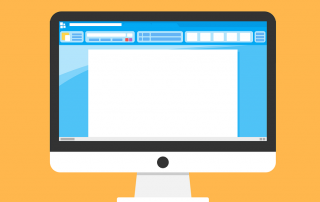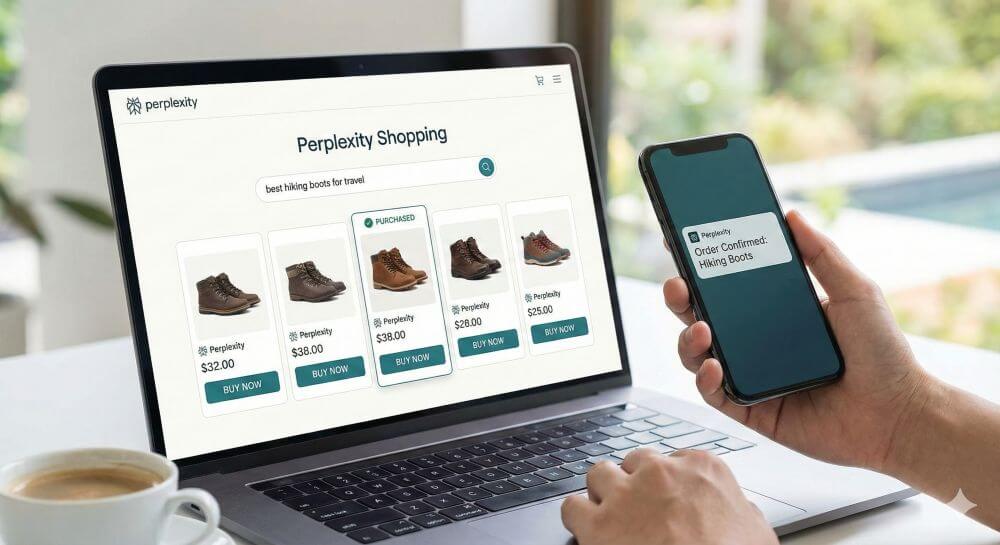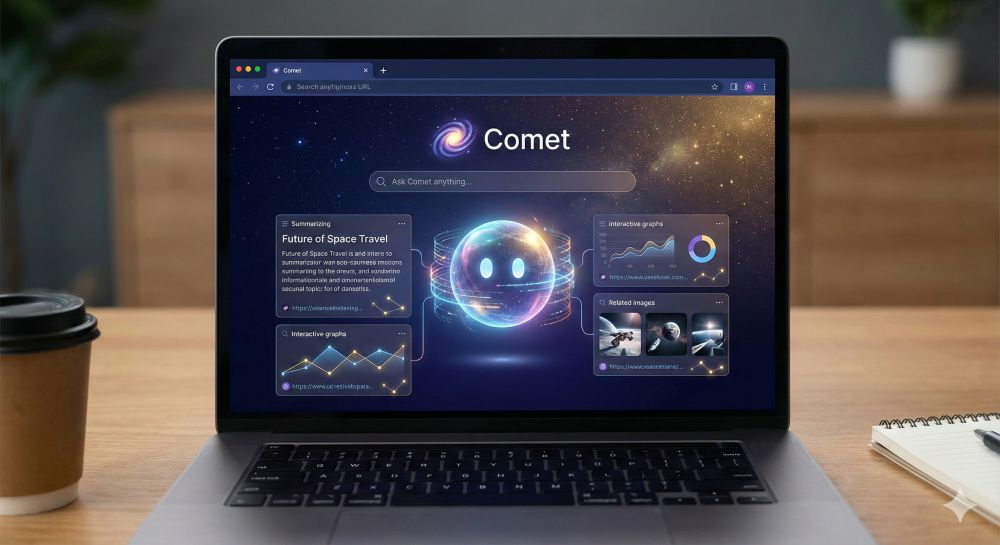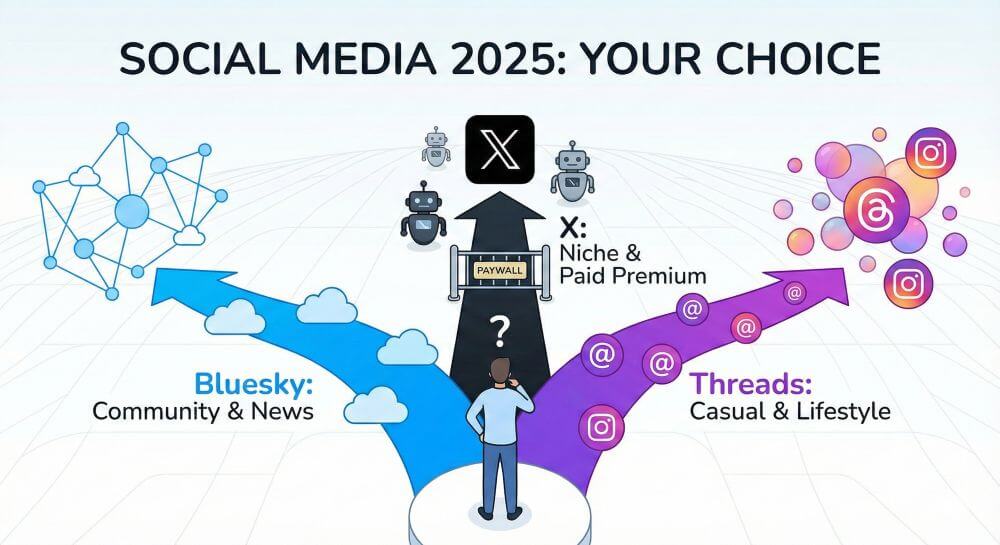Meta in court: Will the subscription requirement now be overturned?
For months, Facebook and Instagram users have faced a choice: reveal their numbers or their data. But this “take it or leave it” approach could soon be history. The Federation of German Consumer Organizations (vzbv) is now taking legal action against Meta to stop the controversial practice.
Here’s what’s behind the lawsuit and what its chances are.
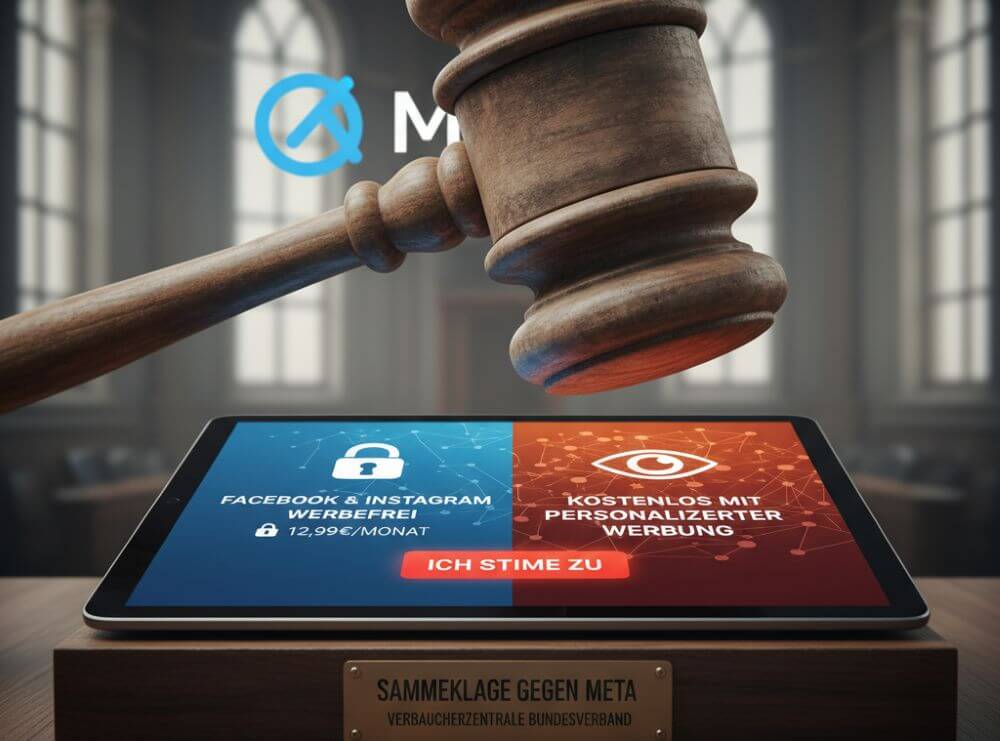
What exactly is this about?
Since November 2023, Meta has been presenting its users in the EU with a tough choice:
- Ad-free for a fee: Subscribe to a monthly plan (approx. €10 to €13).
- Free in exchange for data: Use the service for free, but agree to the comprehensive use of your data for personalized advertising.
The German Federation of Consumer Organizations (vzbv) has filed a lawsuit against this “pay-or-consent” model with the Higher Regional Court of Cologne.
The consumer advocates’ accusations
Consumer advocates consider the pressure Meta puts on its users to be illegal. The main points of criticism:
- Sham voluntariness: According to the GDPR, consent must be given voluntarily. Anyone who has to use the app (for social or professional reasons) and cannot or does not want to pay is forced to share their data, according to the German Federation of Consumer Organizations (vzbv).
- Misleading: For years, Facebook advertised its service as “free and always will be.” The fact that users now effectively have to pay with their data as currency to gain access contradicts this promise.
- Lack of Transparency: It remains unclear exactly how much data is collected when users agree to tracking.
The Core of the Problem: According to the plaintiffs, privacy should not be a luxury item that has to be bought. The right to data protection should not depend on one’s financial means.
What is a remedial action?
This is not a normal lawsuit, but the most powerful tool in German consumer protection. Should the vzbv win, the court can directly order Meta to cease the practice or pay compensation. Users would then no longer have to sue individually to assert their rights.
The goal is clear: The “subscription-or-data” model should be banned in its current form.
Conclusion: A landmark ruling
The outcome of this case will be groundbreaking for the entire internet in Europe. If the court overturns the model, many online platforms would have to change their strategies. However, patience is required until a final ruling is reached.
Beliebte Beiträge
Header and footer in Word – First page different in Word
How to make headers different on the first page than on the rest of the pages. Also create custom footers in Word for your documents.
Clean up Excel spreadsheets
It is very easy to use Excel tables created without a system and still get usable data from them with a few tricks.
Insert and edit header and footer in Excel
Inserting a header and footer in Excel is far from user-friendly. We show ways and workarounds how you can do it anyway.
Concatenate text and date in Excel – Tutorial
Concatenating text and date in Excel requires a combination of two functions. We use a practical example to explain how it can be used.
Create and save your own text modules in Word
Create your own text blocks in Word, save them and quickly add ready-made text and graphics to your documents.
Data Queries in Excel – Works with Power Query
So erstellen Sie aktive Datenabfragen durch Power Query aus verschiedensten Quellen in Excel, führen Daten aus verschiedenen Dateien und Tabellen zusammen.

